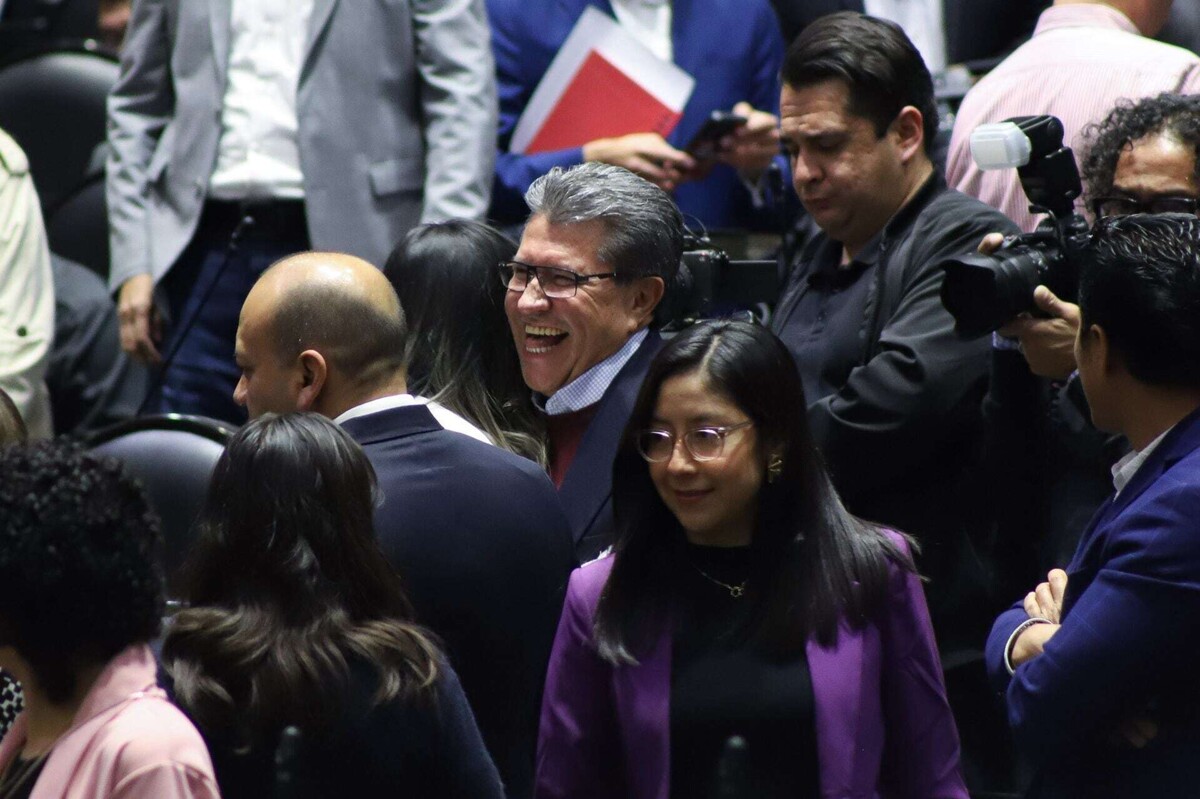
The Constitutional Supremacy, which would protect the reform of the Judiciary, took another step toward consolidation, as it was approved in the Chamber of Deputies on the night of this Wednesday, October 30, after the support of the Morena bloc and allies. With 343 votes in favor and 129 against, the initiative that amends articles 105 and 107 of the Constitution was approved, preventing constitutional reforms from being challenged or invalidated by the Supreme Court of Justice of the Nation (SCJN) and other instances.
The initiative, already approved in the Senate of the Republic days ago, arrived at local Congresses, where it is expected to receive approval from at least 17 congresses due to the majority that Morena and its allies hold in most states. Finally, the Constitutional Supremacy reform would reach the hands of the Executive, where it would be signed by President Claudia Sheinbaum for its subsequent publication in the Official Journal of the Federation (DOF).
As for the local congresses that have approved the Constitutional Supremacy so far, Tabasco was one of the first to do so. The Congress of Tabasco approved the Reform Bill with a majority of Morena and its allies, with 24 votes in favor and 8 against. The entity joined in supporting the establishment of the inadmissibility of actions of unconstitutionality, constitutional controversies, and amparo trials against modifications and additions to the Constitution. The reform was criticized by the PRI member Fabián Granier Calles, while the president of the Board of Directors, Marcos Rosendo Medina Filigrana, defended the measure.
On the other hand, Zacatecas joined the states that approved the constitutional reform. With 18 votes in favor and 10 against, it became one of the first to do so. In a nighttime session, the Zacatecan legislature approved the amendments to articles 107 and 105 of the Constitution with the votes of the deputies of Morena, the Labor Party, and the Mexican Green Ecologist Party.
Amid these events, eight ministers of the Supreme Court announced their decision not to participate in the election of ministers in 2025. There is an expectation that they will hold a session in the coming days to discuss a project that could partially invalidate the reform to the Judiciary. Tensions between the Government and the Judiciary continue at a critical point with the approval of the reform requiring the election of ministers by popular vote and the creation of a regulatory body.
These events have raised concerns about the future of justice in Mexico, even impacting the Mexican peso. In the last four and a half months, the currency has fallen against the dollar due to investors' fears about the future of the rule of law in Mexico, leading to diplomatic conflicts with the embassies of the United States and Canada.














